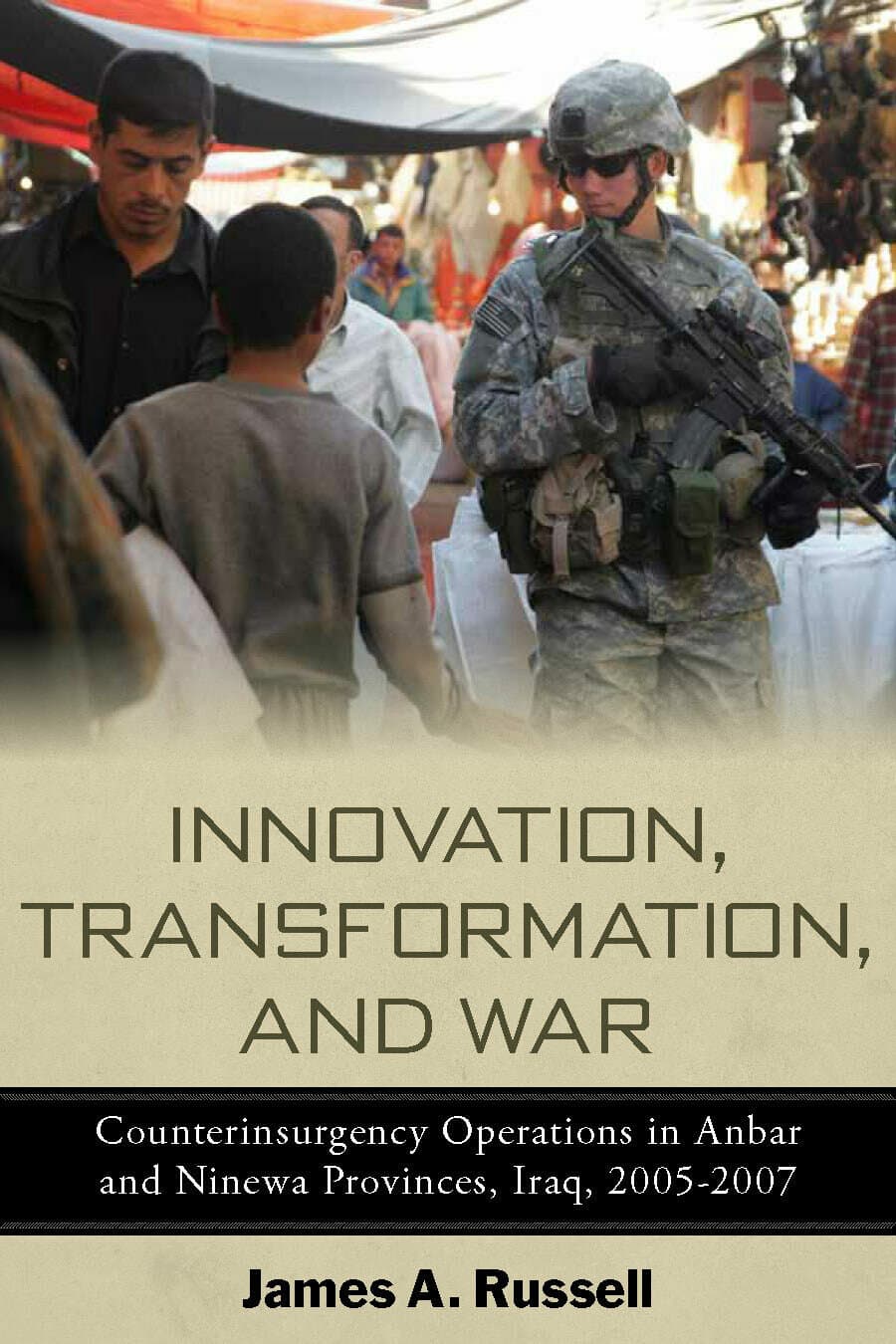Military Adaptation in Afghanistan

When NATO took charge of the International Security Assistance Force (ISAF) for Afghanistan in 2003, ISAF conceptualized its mission largely as a stabilization and reconstruction deployment. However, as the campaign has evolved and the insurgency has proved to more resistant and capable, key operational imperatives have emerged, including military support to the civilian development effort, closer partnering with Afghan security forces, and greater military restraint. All participating militaries have adapted, to varying extents, to these campaign imperatives and pressures.
This book analyzes these initiatives and their outcomes by focusing on the experiences of three groups of militaries: those of Britain, Canada, Denmark, the Netherlands, and the US, which have faced the most intense operational and strategic pressures; Germany, who's troops have faced the greatest political and cultural constraints; and the Afghan National Army (ANA) and the Taliban, who have been forced to adapt to a very different sets of circumstances.
"Military Adaptation in Afghanistan provides an excellent encapsulation of the learning and adaptation that have occurred over the course of that conflict. It will serve as an excellent resource for military practitioners, historians, political scientists, and policy makers alike."—Daniel Marston, Principal, Military and Defense Studies Program, Australian Command and Staff College
"In Military Adaptation and the Afghanistan War, contributing editors Theo Farrell, Frans Osinga, and James Russell have very effectively focused a select yet diverse group of expert authors to craft a coherent and timely analysis of tactical, operational, and strategic adaptation in Afghanistan. This is the first and only book that examines the war in Afghanistan through the lens of adaptation across such a range of military organizations. All security practitioners and scholars should indeed read this insightful book because it is exceedingly salient and it highlights the grave consequences of not adapting or adapting too slowly at war."—Colonel Robert Cassidy, author of War, Will, and Warlords




